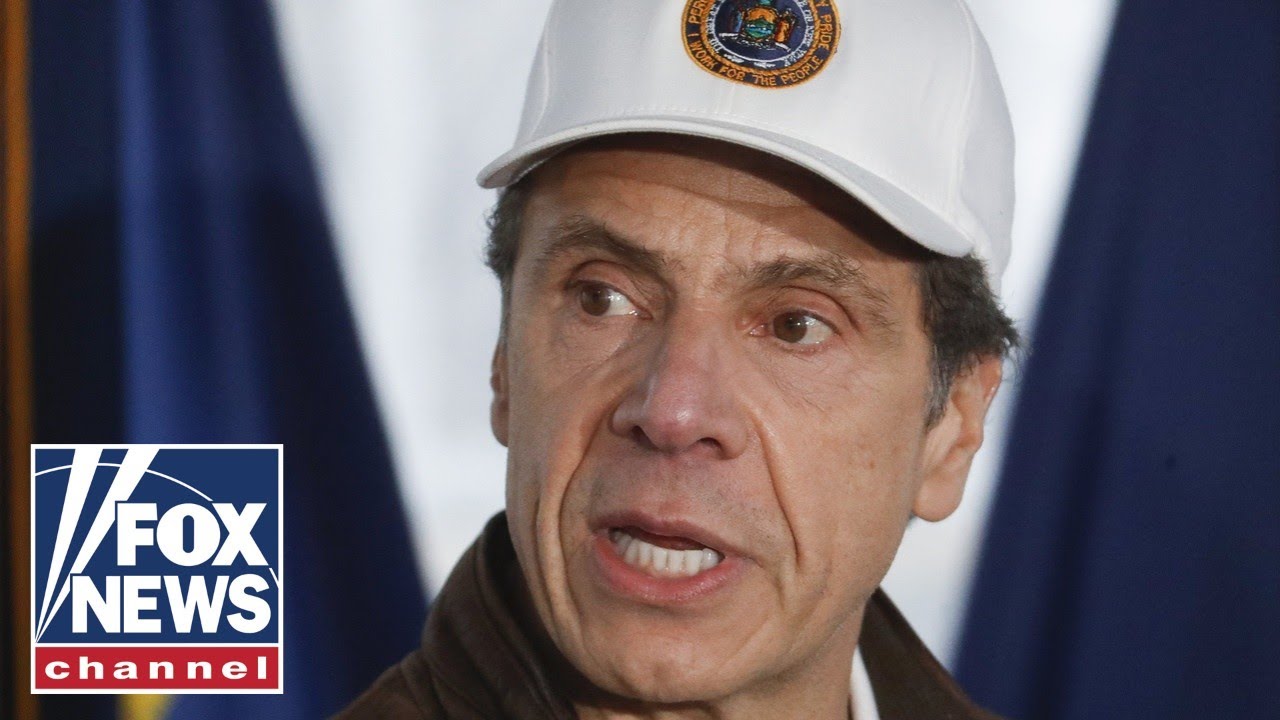New York Court Dismisses Fraud Claims In DiCenzo V Mone Apartment Deed Dispute

Table of Contents
Background of the DiCenzo v Mone Case
The case of DiCenzo v Mone centered around a contentious dispute over a luxury condominium located in a high-rise building in Manhattan. Plaintiff, Mr. DiCenzo, alleged that Mr. Mone engaged in real estate fraud during the transfer of the apartment deed. Specifically, DiCenzo claimed that Mone had misrepresented key facts about the property's condition and ownership history, leading DiCenzo to purchase the apartment under false pretenses.
- Alleged Fraud: DiCenzo's complaint focused on alleged misrepresentations regarding significant undisclosed repairs needed for the apartment’s plumbing and electrical systems. He claimed these issues were not disclosed before the purchase, significantly impacting the property's value.
- Timeline: The alleged fraudulent transaction occurred in late 2021. DiCenzo initiated legal proceedings in early 2022, citing real estate fraud and breach of contract. The case progressed through various stages of litigation, including discovery and motion hearings, before ultimately reaching the court's decision.
- Property Details: The subject of the dispute was a high-end condominium situated in a prestigious building on the Upper East Side of Manhattan. This detail highlights the context of the case within the city’s competitive luxury real estate market.
The Court's Ruling and Reasoning
The court ultimately dismissed DiCenzo's real estate fraud claims. The judge's court decision hinged on the lack of sufficient evidence to support DiCenzo's allegations. While DiCenzo presented arguments regarding the alleged misrepresentations, the court found that his claims lacked the necessary evidentiary support to meet the legal threshold for proving real estate fraud.
- Arguments Presented: DiCenzo argued that Mone knowingly withheld crucial information about the property's condition. Mone, conversely, maintained that all disclosures were made in accordance with the law and that DiCenzo had conducted inadequate due diligence before the purchase.
- Judge's Reasoning: The judge's written opinion highlighted the absence of compelling evidence demonstrating intentional misrepresentation by Mone. The court cited specific instances where the evidence presented by DiCenzo was deemed circumstantial or inconsistent. The judge noted the lack of documentation to support the severity of the alleged property defects.
- Legal Precedents: The judge's decision referenced several relevant New York State statutes and legal precedents concerning real estate fraud and the burden of proof in such cases, emphasizing the strict standards required to establish fraud. The judgement underscored the importance of clear and convincing evidence in such disputes. The dismissal of charges was based on the insufficient weight of evidence presented.
Implications of the DiCenzo v Mone Ruling
The DiCenzo v Mone ruling carries significant implications for future property transactions and real estate law in New York City. The decision underscores the importance of rigorous due diligence by prospective buyers. It serves as a reminder that mere claims of misrepresentation are insufficient; concrete evidence is critical in proving real estate fraud.
- Impact on Future Cases: This ruling could influence similar cases by setting a precedent for the level of evidence required to prove real estate fraud in New York courts. Lawyers involved in such cases will need to adjust their strategies to ensure they have sufficient evidence to support their claims.
- Changes in Practice: The case emphasizes the need for thorough documentation and clear communication in all aspects of real estate transactions. This includes meticulous property condition disclosures and detailed contractual agreements to prevent future disputes.
- The Role of Due Diligence: The outcome stresses the critical role of due diligence in protecting buyers from potential issues. Prospective buyers should engage qualified professionals – such as inspectors, attorneys, and appraisers – to thoroughly assess a property before committing to a purchase. This proactive approach can help mitigate the risk of future legal conflicts and costly litigation related to New York real estate.
Expert Commentary
Real estate attorney, Ms. Sarah Chen, commented, "The DiCenzo v Mone case highlights the stringent evidentiary standards for proving fraud in New York real estate. This decision reinforces the importance of buyers conducting comprehensive due diligence before purchasing property."
Conclusion: Understanding the DiCenzo v Mone Apartment Deed Dispute and its Fallout
The New York court's dismissal of fraud claims in the DiCenzo v Mone apartment deed dispute emphasizes the critical need for robust evidence in proving real estate fraud. The court's decision highlighted the insufficiency of DiCenzo's evidence and underscored the importance of thorough due diligence in all property transactions. The ruling's implications extend beyond this specific case, influencing future legal strategies and practices within New York real estate. Stay informed on the latest developments in New York real estate law by following [your website/blog name]. Understand your rights and responsibilities in property transactions by learning about preventing similar disputes involving apartment deeds in New York. For guidance on navigating complex real estate transactions and protecting your interests, consult with a qualified legal professional.

Featured Posts
-
 Funn Festival 2024 As Principais Atracoes Do Pop Feminino
May 27, 2025
Funn Festival 2024 As Principais Atracoes Do Pop Feminino
May 27, 2025 -
 Coupe De La Caf Resultats Surprenants L Asec Et L Usma Eliminees
May 27, 2025
Coupe De La Caf Resultats Surprenants L Asec Et L Usma Eliminees
May 27, 2025 -
 Gwen Stefanis Christian Faith Outrage Among Leftist Fans And Tucker Carlsons Response
May 27, 2025
Gwen Stefanis Christian Faith Outrage Among Leftist Fans And Tucker Carlsons Response
May 27, 2025 -
 Nov Razgovor Putin Tramp Shto Veli Peskov
May 27, 2025
Nov Razgovor Putin Tramp Shto Veli Peskov
May 27, 2025 -
 Will Ospreays Aew Praise Mark Henry On Revolution Main Event Mercedes Mones Identity
May 27, 2025
Will Ospreays Aew Praise Mark Henry On Revolution Main Event Mercedes Mones Identity
May 27, 2025
